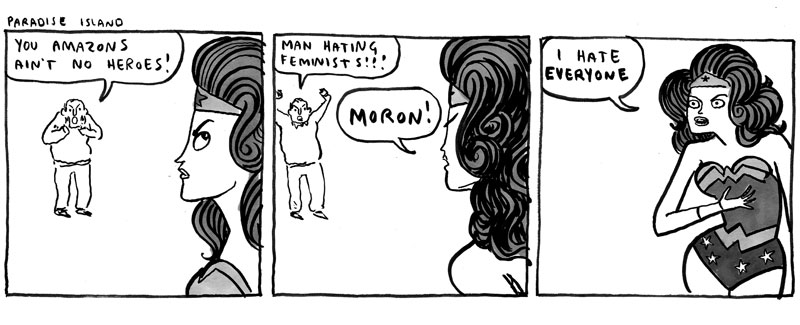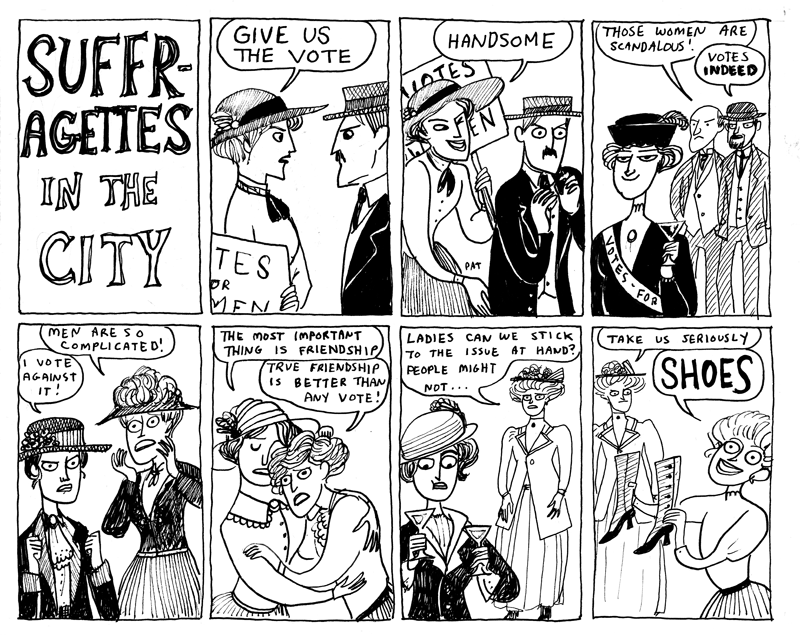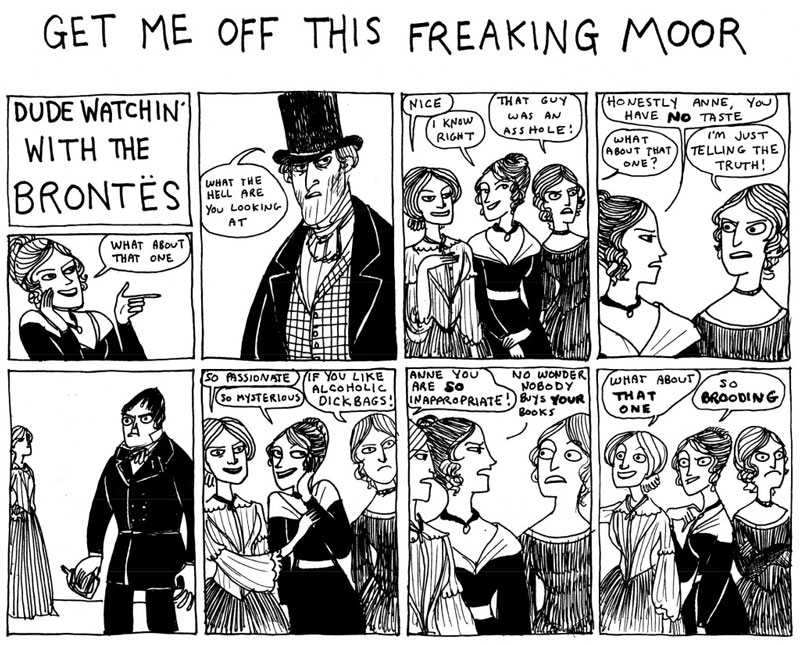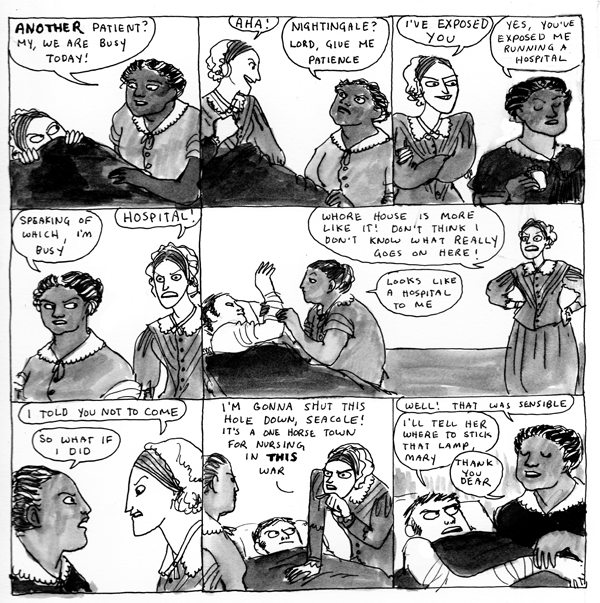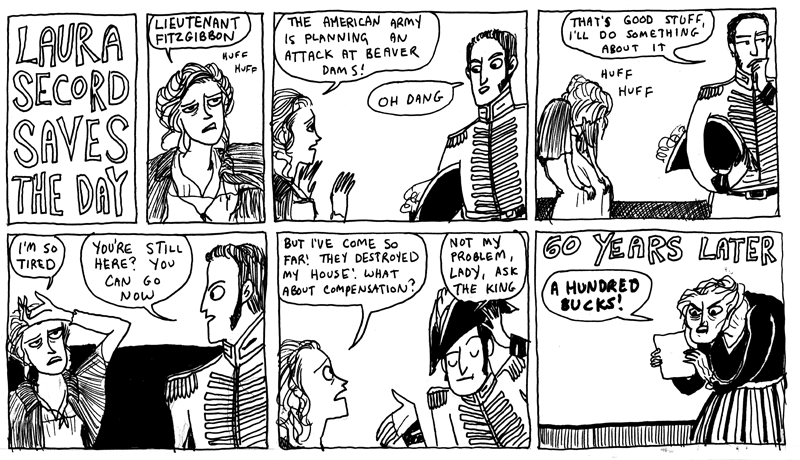On September 20th, 2016, Andi Zeisler, author of “We Were Feminists Once: From Riot Grrrl to Covergirl®, the Buying and Selling of a Movement,” spoke at LiisBeth’s first-ever salon (sold out). Just prior to the event, Liisbeth’s Managing Editor, Margaret Webb, interviewed Andi.
LiisBeth: Your brilliant critique argues that feminism has been high jacked by neoliberalism, giving us what you call marketplace feminism, where women are engaged with individual choice and empowerment rather than the hard work of tackling and fixing systemic inequality. I want to start where your book leaves off. What kind of feminism do we need going forward in order to make meaningful change?
Andi Zeisler: Something that I hope is clear throughout the book is that I don’t think that marketplace feminism has replaced systemic, boots-on-the-ground feminism. I absolutely think that’s always been happening and will continue to happen. Marketplace feminism just happens to be the most amplified version of feminism right now. All the feminism work that’s been going on over the past decade is absolutely having an effect on things and that will continue to happen. I have seen feminism become much deeper, much more intersectional, much more enmeshed in people’s everyday lives and that’s the kind of feminism we need going forward. It’s not an activist project they need to take time out of their lives to do but it is their real lives and part of their everyday life.
LiisBeth: In your critique of choice feminism — whatever a self-declared feminist chooses is feminist is feminist — you argue that there has to be a “line in the sand,” that surely feminism has to stand for something. What is that?
AZ: It has to stand for equality and the autonomy and freedom of all women, not just women who can afford to make consumer choices that prop up their sense of empowerment or sense self actualization. It has to be about supporting women’s equality in every way, whether that’s financial, body, social, as a parent or whatever. It really does have to be about real equality and not a facsimile of it.
LiisBeth: You offer great examples of how feminism has been co-opted by neoliberalism and capitalism, for instance with femvertising, which is using feminism to sell things. How is this harmful to women?
AZ: Anytime a political and social movement becomes excessively individualized and made to seem that it’s something you can choose and has no impact on everyone else, that is harmful. A good example is the so-called mommy wars that has being going on for the last couple of decades, where women who opt out of the workforce because they can afford to…and talk about it as if that’s a choice versus something that’s coerced out of them by a capitalist system that’s still based on having a stay-at-home parent as an anchor. That’s damaging. It makes it seem like it’s a choice and has nothing to do with how we value women in society and in the workforce. It’s like saying that the framework of capitalism has nothing to do with people’s choices and, of course, it does.
LiisBeth: Given that we exist in this neoliberal world of capitalism, how should feminists engage with it? Are there areas or ways we can co-opt or exploit capitalism to move the feminist project forward?
AZ: I’m not saying this is an ideal form of activism but it’s one we have that seems to work well and that is public shaming — calling out companies when they stereotype women in advertising, when they make really gross gender generalizations. Or calling out TV shows when they use slurs or stereotypes. All of these things threaten to hit corporations and pop culture products where it counts, which is in the chequebook. When a critical mass of people tell them what they are doing is wrong and threaten their bottom line, that tends to get their attention.
LiisBeth: How do you think we can engage men in feminism?
AZ: This is one of those questions that I find bothersome, the very idea that men have to be invited to engage in feminism. If men care about feminism, they should not have to be invited…. (Their role) is to take feminism into spaces where they already have the ears of their peers or superiors and make change there. We absolutely need men advocating for gender equality. But if they are men who are going to wait to be invited, they are probably not the people we need. We need the people who are already on our side and willing to do the work in their community
LiisBeth: Okay, put another way, how can men gain from feminism?
AZ: Feminism has always been, by extension, about men because it’s about decimating the idea there’s a gender binary, that there are certain things women do and certain things men do. Of course, feminism has already had men in mind when we talk about things like child rearing, emotion and sexuality. That women should not be constrained by centuries of stereotypes that are often based on nothing applies to men too. When women are liberated from constricting ideas of gender, so are men and that can be really powerful.
LiisBeth: Bitch has grown from a zine into a business with a website, a lecture series, a feminist curriculum for the classroom, a lending library, a writing fellowship. How do you promote or maintain feminist values in your business?
AZ: For a long time, it was really hard because we are a nonprofit running on a shoestring and there were definite issues around the amount we were able to pay people or that we weren’t able to pay health insurance for a long time. Part of the reason we moved (from San Francisco) to Portland 10 years ago was so we could have an organization that could live its mission of being feminist. That means paying everyone a fair wage; paying health insurance for everyone, including part-time employees; having family leave policy; having a generally hierarchical but respectful staff structure. As a nonprofit, we talk about mission and visioning a lot. We talk about communication and the importance of communicating respectfully, listening to people, being open to discussion, being open to dissent. It’s not necessarily enforced in a structural way, but it’s an important organizational value.
LiisBeth: How do you practice feminism in your personal life?
AZ: I accepted a long time ago that you can be a feminist, you can advocate for feminism, but it’s impossible to live every bit of your life in what other people might consider a feminist way. For instance, I was married for almost 16 years, but I would never argue that marriage is a feminist institution or that as a feminist getting married, I made it feminist. Whether it’s where you live or how you live, what you wear, whether you shave legs — when we start talking about whether x or y is or isn’t feminist (that) gets us into that individual unhelpful place where feminism is no longer an ongoing ethic but this idea of a personal choice that can be weighed on the scales of goodness and found acceptable.
LiisBeth: You have said that feminism is not supposed to be fun or cute or sexy. It’s a movement about changing a system and changing values and that’s really hard work and demands hard conversations and conflict and confrontation. Are you bitch slapping feminists to get back into the streets to hold meaningful protests? If so, what kind of protests would you like to see?
AZ: I don’t think there’s any lack of protests. They just don’t look like they did 40 years ago. A lot of activism now happens online, which is a much more inclusive way to do activism when you think about it. Consider how many people couldn’t participate in those protests in the ’60s and ’70s because they were working in factories or their religions didn’t permit it or whatever. I think there’s much more acceptability in how we collectively practice activism and understand activism now. Feminist activism needs a range of people. Some are going to put their heads down and write policy; some will be out in communities talking to and mobilizing people. The way activism is understood now, there’s a lot more for people to do according to their strengths and what their skills are.
LiisBeth: What makes you optimistic about feminism?
AZ: There’s a lot that makes me optimistic. A lot of it is going to universities and seeing that young women are so very immersed in and involved in feminism and politics and thinking deeply and critically about media and economics and gender roles and things like that. I never understand when older feminists say, where are all the feminists? I just think they’re looking in the wrong place or they’re looking at a much narrower range subjects than today’s feminists are actually focusing on.
LiisBeth: Do you think your work at Bitch will change as a result of immersing yourself in this look at feminism, or your views of feminism will change?
AZ: I’m not sure if I can answer that. A lot of things that I wrote about are still happening and in some ways becoming more pronounced. I also think that marketplace feminism is not necessarily going to remain at the kind of tenor it is now. It’s like environmentalism 10 years ago, which was really embraced by Hollywood and advertising and at some point it was no longer the new lens to promote things. That didn’t mean people stopped caring about environmentalism. It just became less overt. I don’t think that feminist activism has ever stopped or will ever stop as long as things are the way they are. When marketplace feminism is no longer a culturally amplified thing, there will still be a ton of feminist work to be done and a ton of feminists doing that work.
Related Media:
A Conversation with Gender Capitalism Expert Sarah Kaplan, by Margaret Webb
How to Embed Feminist Values Into Your Company, by Valerie Hussey
Why We’re Feminists, by Valerie Hussey
Confessions of a Bad Feminist, Roxanne Gay’s Ted Talk, by LiisBeth Curator
CBC Here and Now Interview with Andi Zeisler (audio)
Rotman School of Management Talk Video Clip









